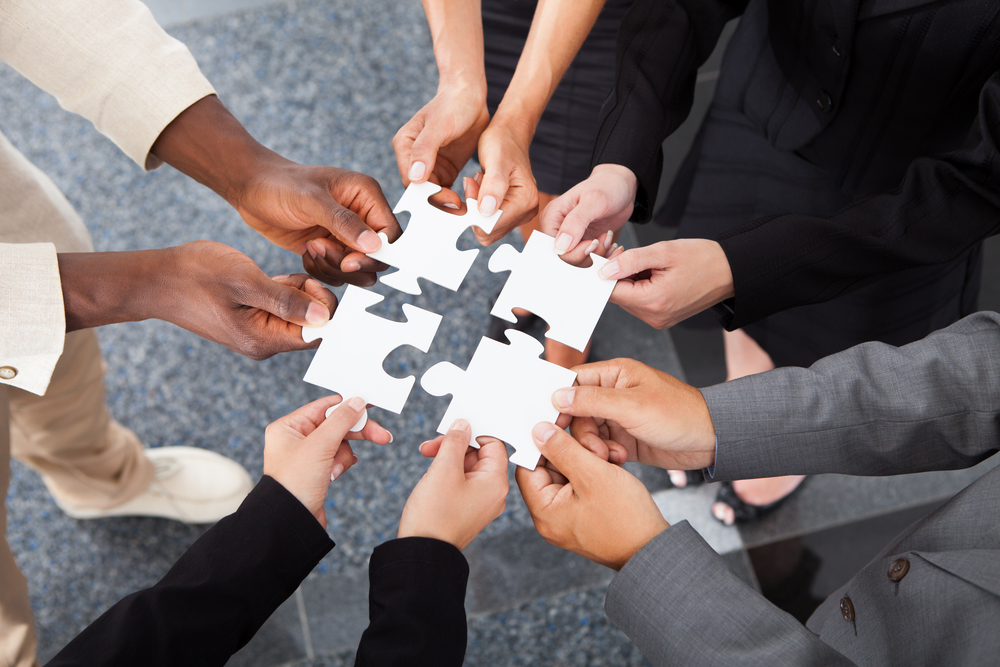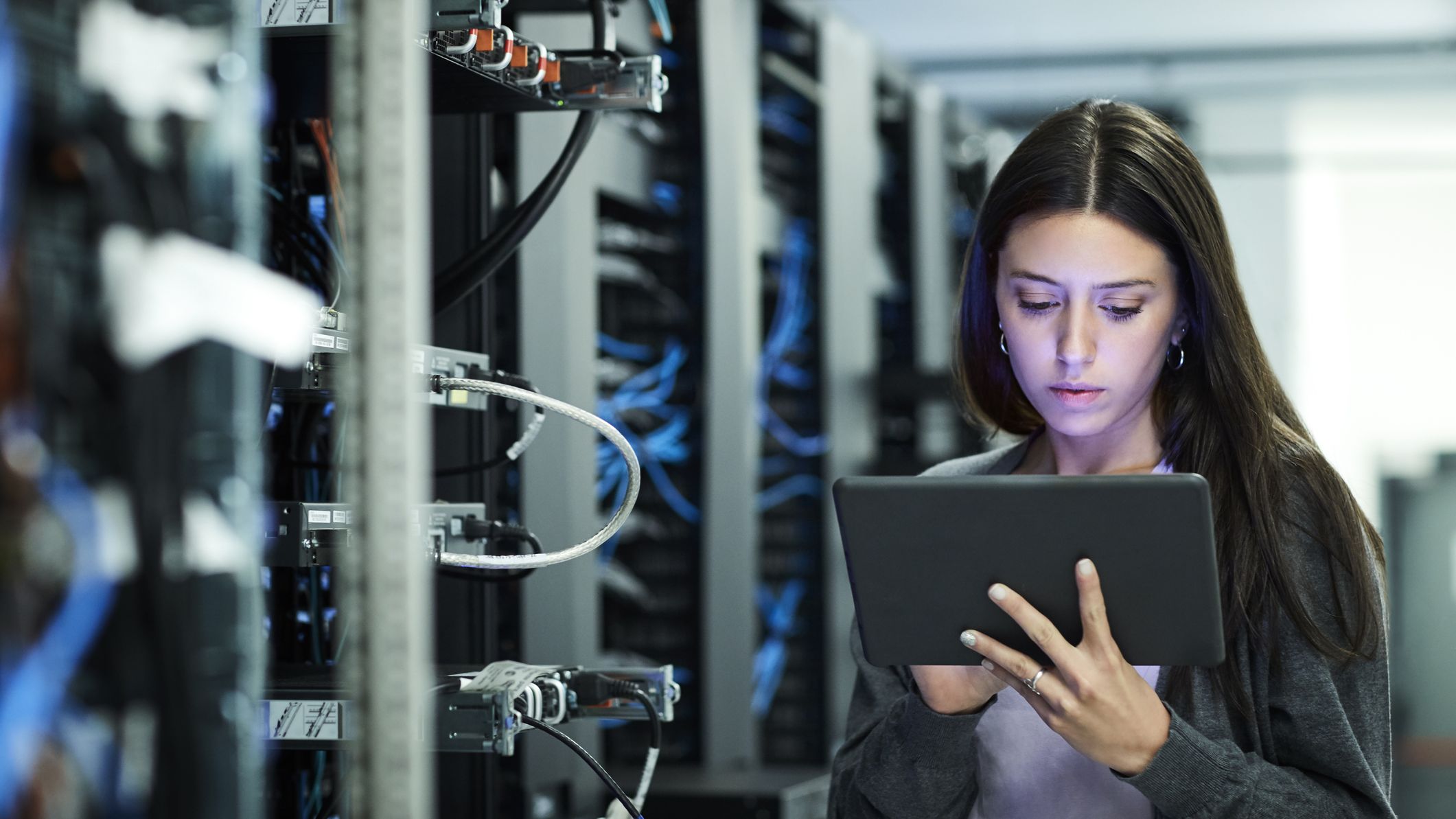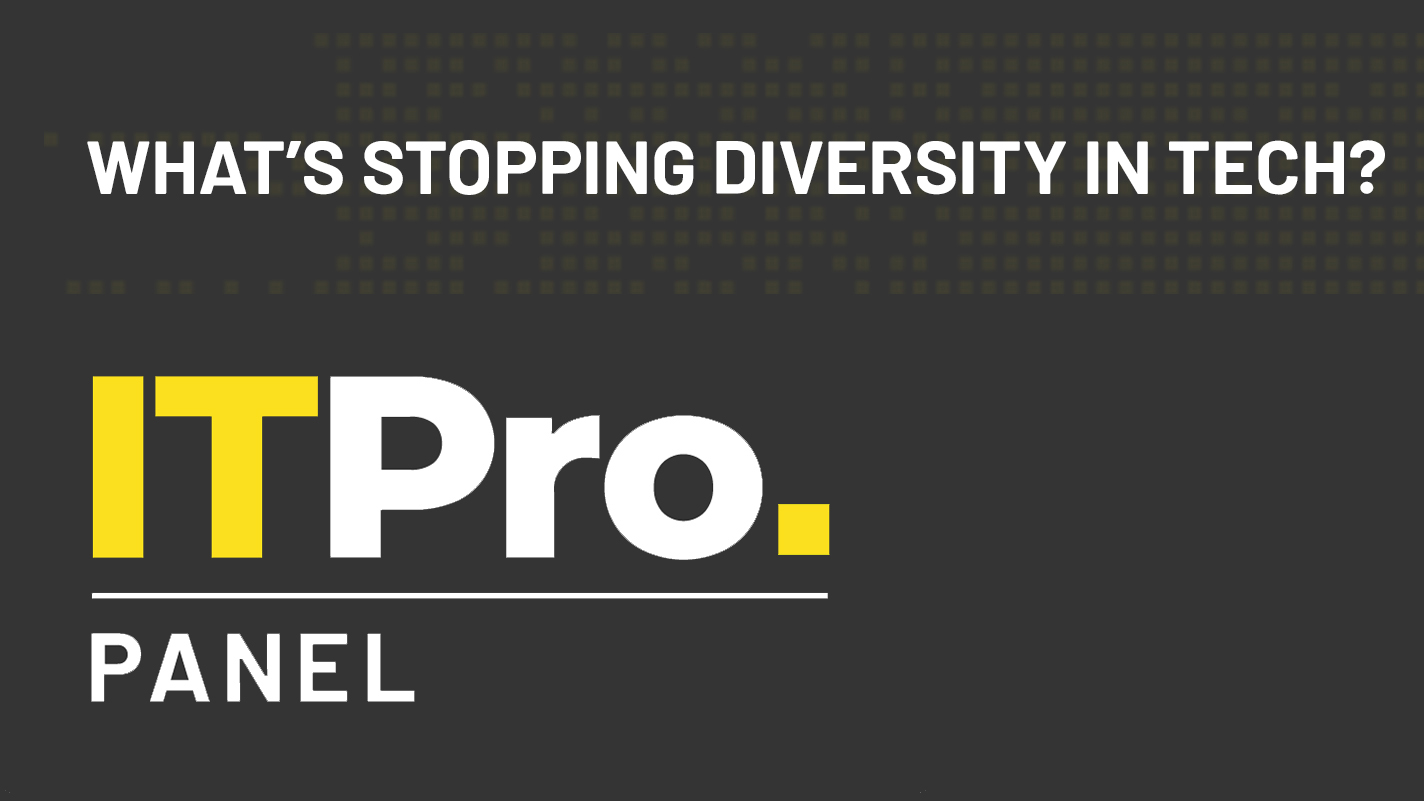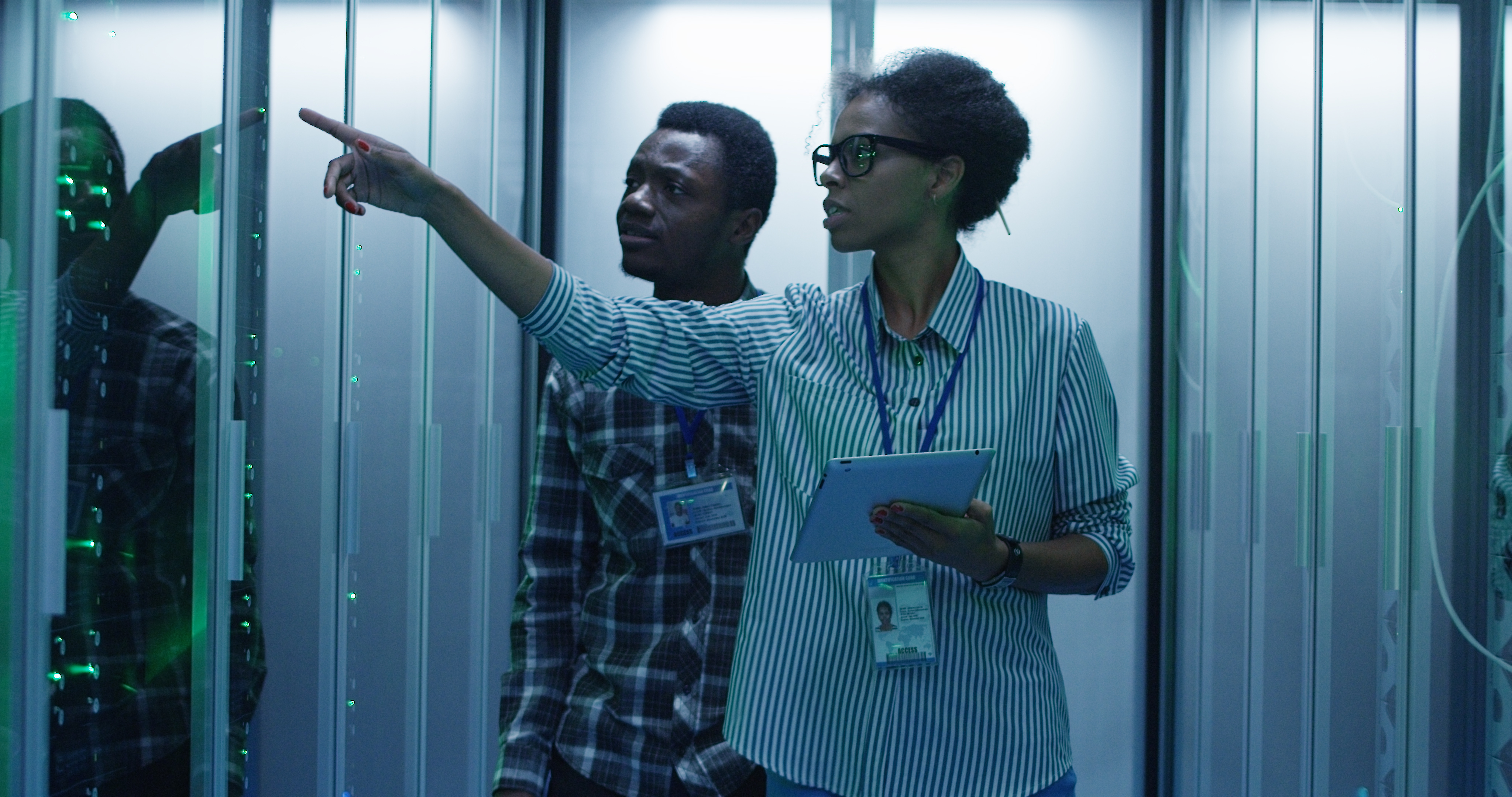Diversity in tech: Why it's OK to be different
Female leaders shared the benefit of their experience at Salesforce's Dreamforce event this week....


Far from suggesting people need to overthink how they behave in the workplace, Theresa said we need to accept natural biases and get support from our sisterhood.
"Bias is not a bad thing. It's what keeps us alive," Kushner said.
Torman asked the panellists if we needed more empathy in workplace.
McKaskle concurred with the need to accept our natural biases. "I consider that I grew up with privilege. Not financial privilege. I grew up in the mid-West. I could fish, I could water-ski - even better than the boys. I also loved ballet and piano. It did not occur to me that that's not the way the world operates," she said.
Just be yourself. It's very important to understand other cultures and that's what makes us unique. Your perspectives matter as does the diversity you bring.
"All of us have a background conversation going on with ourselves. You don't think so, but you're all listening to me talk and [thought various things.] That's your backgroun voice. And that background voice sets the context for empathy aswell. So, yes, we absolutely do need more empathy. But I also don't think there's enough acknowledgement that there's a background noise in all of us that we can stop before it gets to our ears. That's the bit I still think is a work in progress."
Nallapati said that there are nuances in the way men and women look at ambition and failure.
"It's a fear of failure. We are so fearful that we won't get that job. We are so afraid to take [that opporunity] and say that it's OK if you fail. We don't have a lot of role models that have failed. It's really important to say that it's OK to fail. Be fearless, you don;t need to be fearful," she said.
Sign up today and you will receive a free copy of our Future Focus 2025 report - the leading guidance on AI, cybersecurity and other IT challenges as per 700+ senior executives
Nallapati also talked about her own experience a a student. She was the only female and, culturally, boys and girls didn't mix so she had no-one to help her with questions or to befriend. "So I just worked harder and did a lot more research on my own," she said.
"Be your own advocate. There is no better cheerleader than yourself. Believe in yourself. I tell my daughter this all the time when she thinks she can't do something. I tell her that as parents we will support her no matter what."
Women also suffer from a lack of support, which exaccerbates any lack of confidence.
"I belong to a lean-in circle. And a couple of weeks ago, one of the VPs said her boss had asked her if she wanted to be the lead of a [department]. She told us she'd told him no. She had decided that she wasn't 100% ready. I told her that there would be guys who are 60% ready and they're going to go after it because they know they have someone behind them pushing them up the ladder," Kushner added.
"As women don't have to climb that ladder ourselves. We can climb it with other women that are not necessarily ahead of us, but beside us, and with men that are there to support us. So find those too. I'm so glad there are men in the audience today, because we need you to help us figure out how to get up to the next rung."
She added: "We hear it all the time that we don't get up to that rung because of our soft skills. We're either too agressive or too meek! So we have to have help. And we have to admit as women that we need help."
Maggie has been a journalist since 1999, starting her career as an editorial assistant on then-weekly magazine Computing, before working her way up to senior reporter level. In 2006, just weeks before ITPro was launched, Maggie joined Dennis Publishing as a reporter. Having worked her way up to editor of ITPro, she was appointed group editor of CloudPro and ITPro in April 2012. She became the editorial director and took responsibility for ChannelPro, in 2016.
Her areas of particular interest, aside from cloud, include management and C-level issues, the business value of technology, green and environmental issues and careers to name but a few.
-
 Trump's AI executive order could leave US in a 'regulatory vacuum'
Trump's AI executive order could leave US in a 'regulatory vacuum'News Citing a "patchwork of 50 different regulatory regimes" and "ideological bias", President Trump wants rules to be set at a federal level
-
 TPUs: Google's home advantage
TPUs: Google's home advantageITPro Podcast How does TPU v7 stack up against Nvidia's latest chips – and can Google scale AI using only its own supply?
-
 Young women are keen on pursuing STEM careers, but they’re still facing huge barriers
Young women are keen on pursuing STEM careers, but they’re still facing huge barriersNews From fears that STEM courses will be too demanding to concerns about family responsibilities, women aren't taking up training they'd actually like to do
-
 It’s the end of the road for Women Who Code, following loss of “critical” funding
It’s the end of the road for Women Who Code, following loss of “critical” fundingNews The organization supporting women in the tech industry is being dissolved 13 years after it was founded
-
 Five common barriers holding back women in tech
Five common barriers holding back women in techWomen in tech still face significant challenges in the workplace
-
 Report: Brexit and COVID to blame for lack of diversity in tech
Report: Brexit and COVID to blame for lack of diversity in techNews One in two surveyed respondents cited the two events as key factors in the failure to improve diversity in leadership roles
-
 Australia allocates $6.7 million to advance women in STEM initiatives
Australia allocates $6.7 million to advance women in STEM initiativesNews Women make up only 28% of the country's STEM workers
-
 IT Pro Panel: What’s stopping diversity in tech?
IT Pro Panel: What’s stopping diversity in tech?IT Pro Panel The need for more diversity is well established - but we still have a way to go
-
 AWS partners with NPower to boost jobs for women of color in tech
AWS partners with NPower to boost jobs for women of color in techNews Command Shift will find tech jobs for underserved group
-
 AWS and The Dream Collective aim to bring more women into tech
AWS and The Dream Collective aim to bring more women into techNews The SheDares learning program offers women expert advice on how to pursue a career in technology
